Scottish election 2021: Nicola Sturgeon pledges 'transformational' NHS funding
- Published
Scottish election 2021: SNP pledges NHS funds and indyref push
Nicola Sturgeon has promised to provide a "transformational" increase in NHS funding if the SNP wins the election.
Speaking as she launched the party's manifesto, Ms Sturgeon said frontline NHS spending would increase by at least 20% over the next five years - which she said would total £2.5bn.
The SNP leader repeated her call for an independence referendum to be held within the next parliamentary term.
But added it would be a "dereliction of duty" to do so during the pandemic.
The manifesto also promises a £10bn investment programme in NHS facilities, and a minimum 25% rise in mental health spending.
And it pledges to abolish NHS dental charges, which Ms Sturgeon said would "ensure that cost is not a barrier to accessing health care".
In a video speech to coincide with its publication, Ms Sturgeon said the coronavirus pandemic had "turned life as we know it upside down".
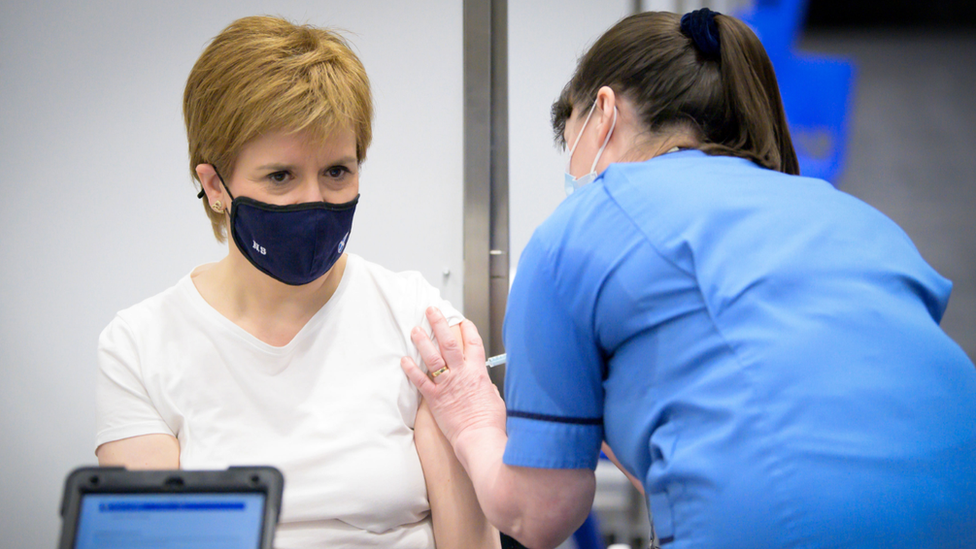
Ms Sturgeon received her first Covid vaccination jab at the NHS Louisa Jordan in the SSE Hydro in Glasgow after launching her party's manifesto
But she said her party was putting forward "unashamedly optimistic" proposals that would "build a better nation" rather than return things to how they were before.
And she described the manifesto as a "serious programme for serious times".

SCOTLAND ALERTS: Get extra updates on BBC election coverage

Ms Sturgeon said: "If the SNP is re-elected, we will use our experience to undertake a full-scale post-pandemic remobilisation of the NHS.
"Investment in the NHS is already at record levels. But the pandemic has placed exceptional pressures on our NHS - and that requires an exceptional response.
"Over the next parliament, we will increase frontline NHS spending by at least 20%. This will deliver an additional £2.5bn for frontline health services - and is almost double what an inflation-only increase would amount to."

SCOTLAND'S ELECTION: THE BASICS
What's happening? On 6 May, people across Scotland will vote to elect 129 Members of the Scottish Parliament (MSPs). The party that wins the most seats will form the government. Find out more here.
What powers do they have? MSPs pass laws on aspects of life in Scotland such as health, education and transport - and have some powers over tax and welfare benefits.
Who can vote? Anyone who lives in Scotland, is registered to vote and aged 16 or over on 6 May is eligible. You can register to vote online, external.

The first minister admitted that her government had made mistakes in response to Covid-19, but insisted that it had learned from those errors.
She added: "A year ago, we had to act fast without the knowledge we have now about this virus - and without the benefit of the hindsight we have today.
"I know we didn't get every decision right, but we have done our level best and we have learned from experience.
"It is that combination of commitment and experience that I believe is so vital for these times."
Election 2021: How does Scotland's voting system work?
The party's other key manifesto pledges include:
An additional £500m to support new, green jobs and reskill people for the jobs of the future
Investment of £33bn in infrastructure projects over the next five years, and build 100,000 more affordable homes over the next decade
Freeze the rates of income tax throughout the next parliament
A Young Person's Guarantee of either a university or college place, an apprenticeship, a job, training or working experience placement, or a formal volunteering programme.
Double the value of the Scottish Child Payment from £10 per week for every child in a low income family, to £20 per week
Extend free bus travel to under-22s and bring ScotRail back into public ownership
Ms Sturgeon also said her government would "move towards what is known as a minimum income guarantee".
She said the first step would to establish independently assessed minimum income standards.
Ms Sturgeon added: "We will then identify the extent to which we can use our existing powers over social security, as well as our investments in fair work, childcare and public services to ensure that people meet these income standards.
"We will lay the foundation for the introduction of a Citizens' Basic Income should Scotland choose to become independent and gain the tax and social security powers that are necessary to make that a reality."


The SNP plan to increase NHS spending by at least £2.5bn over the next five years goes beyond the £2bn minimum promised by the Conservatives.
There is no doubt that this would be a significant uplift - almost twice the rate of inflation. But it is not money for nothing.
The SNP wants the NHS to work harder, to increase treatment activity by 10% compared to pre-pandemic levels to help clear the big backlog of cases caused by covid.
To achieve that and meet the rising costs of healthcare plus a 4% pay rise for many health workers, increased spending on mental health and the abolition of charges for dentistry - the NHS will have no trouble spending more money.
By prioritising the NHS in its plans for recovery from the pandemic, the SNP is aligning itself with the public service that is most popular with and highly valued by Scottish voters.

On a second referendum, Ms Sturgeon said it was "vital" that people who live in Scotland were able to decide the future that they want.
But she stressed that she was not proposing holding a referendum while the country was still grappling with the Covid crisis.
Ms Sturgeon said: "That would be a dereliction of my duty as first minister to dedicate all of my energies to leading us through the crisis.
"But it would also be a dereliction of my duty as first minister - my duty to this and future generations - to let Westminster take Scotland so far in the wrong direction that we no longer have the option to change course.
"So, it is my judgment that the people of Scotland should decide Scotland's future through an independence referendum in the next term of parliament."
The UK government has repeatedly refused to give its backing to a referendum, with Prime Minister Boris Johnson insisting that the vote held in 2014 settled the matter for a generation.
Scottish Conservative leader Douglas Ross said the SNP wanted to "put a referendum roadblock in front of Scotland's recovery".
He added: "This is a manifesto to create a new crisis at the earliest opportunity, when we're going to be tackling the health and economic crisis for years to come."
Scottish Labour leader Anas Sarwar told the BBC's Good Morning Scotland programme that stopping the SNP winning an overall majority in the election was "crucial".
He said this was because it would force the government to focus entirely on the coronavirus recovery rather than on an independence referendum.
Scottish Liberal Democrat leader Willie Rennie said the country was still waiting for the SNP to deliver promises they had made in 2007.
Mr Rennie said: "They have a one-track mind for independence that prevents them getting anything else done."
The Scottish Greens, who are the only other major party to have launched their manifesto so far, want to see a referendum held during the next Holyrood term if there is a "simple majority" of MSPs in favour of one.
The party said independence "is now our route back to EU membership" and would give Scotland "the powers and potential to be a leader in the transition to a zero-carbon economy".

POLICIES: Who should I vote for?
CANDIDATES: Who can I vote for in my area?
PODLITICAL: Updates from the campaign

- Published15 April 2021
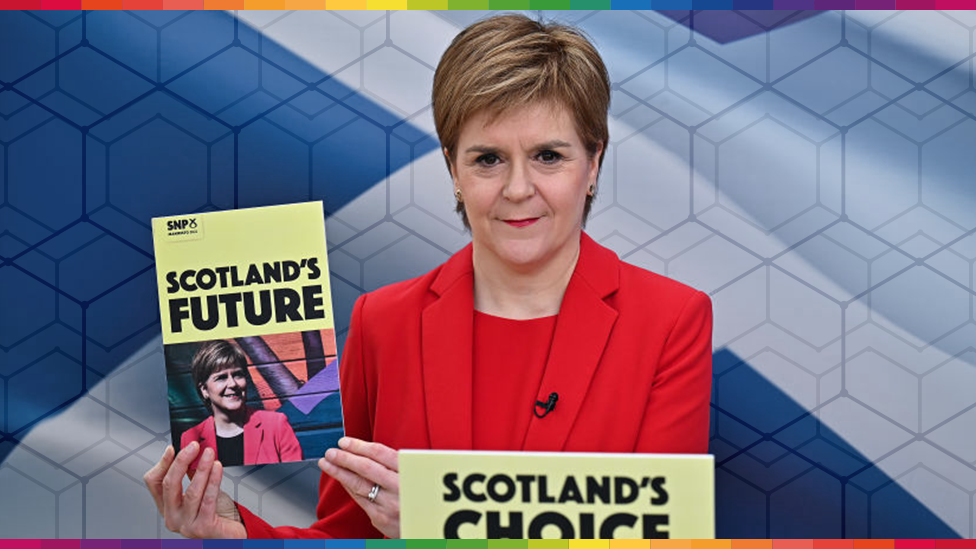
- Published15 April 2021
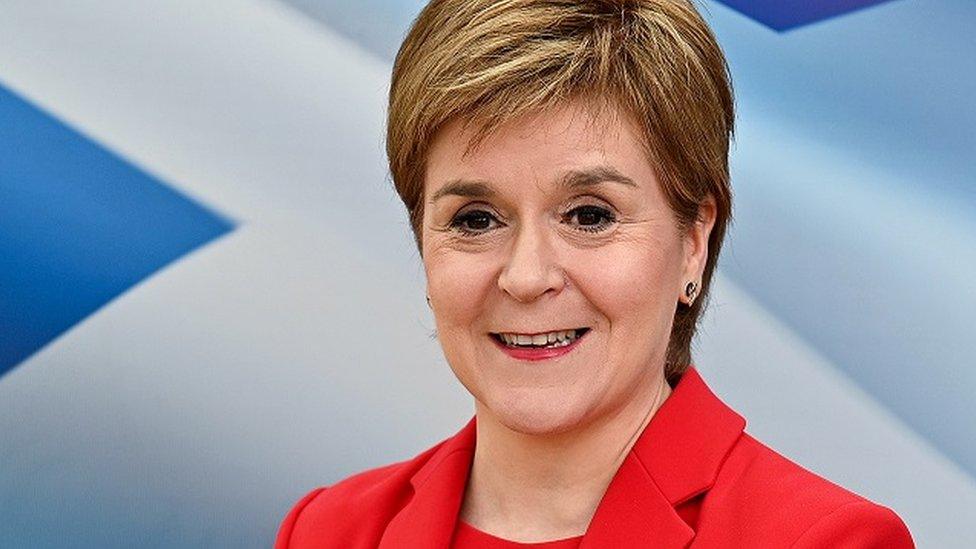
- Published14 April 2021
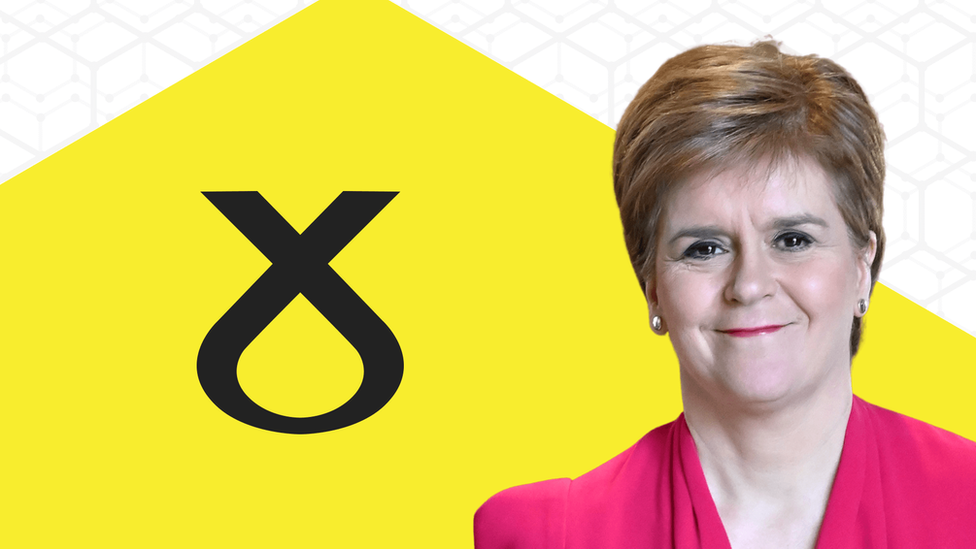
- Published13 April 2021
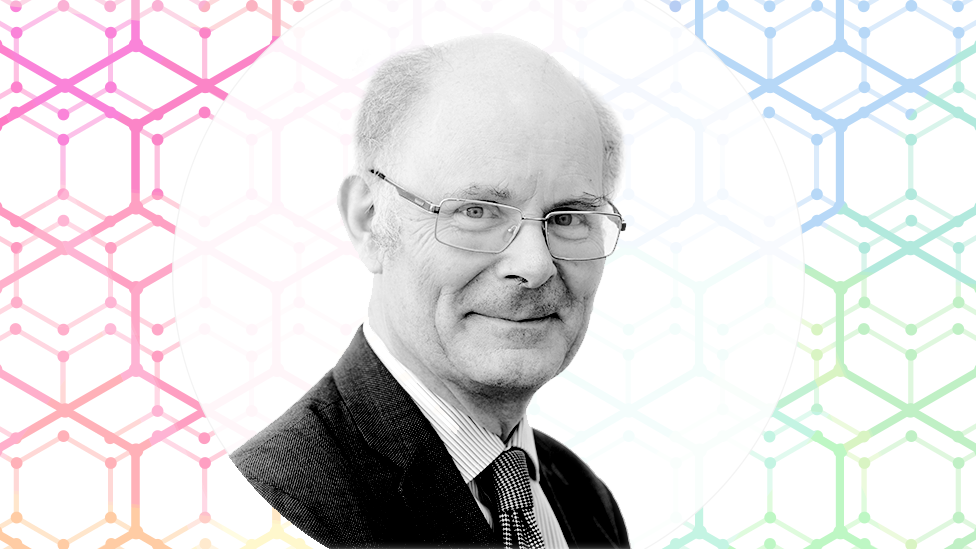
- Published22 April 2021

